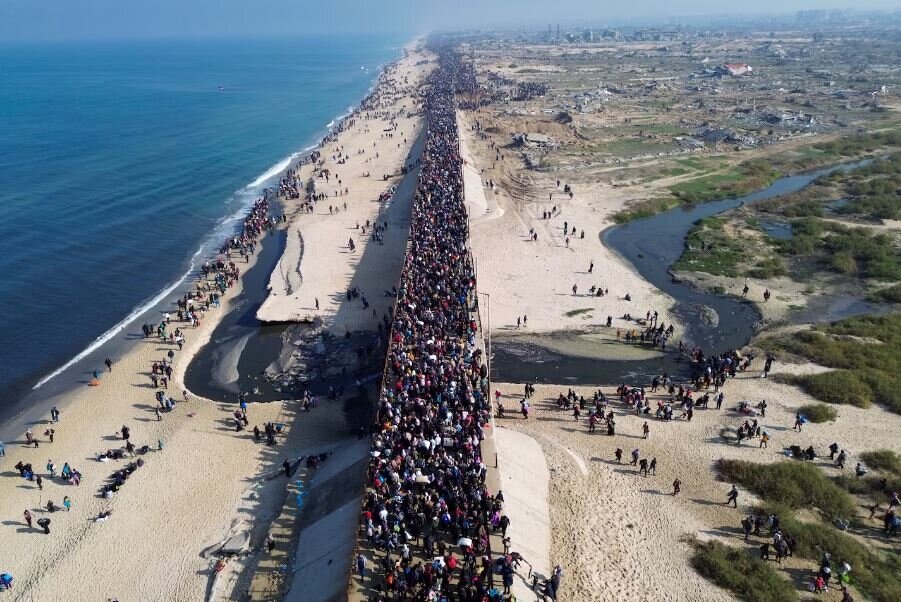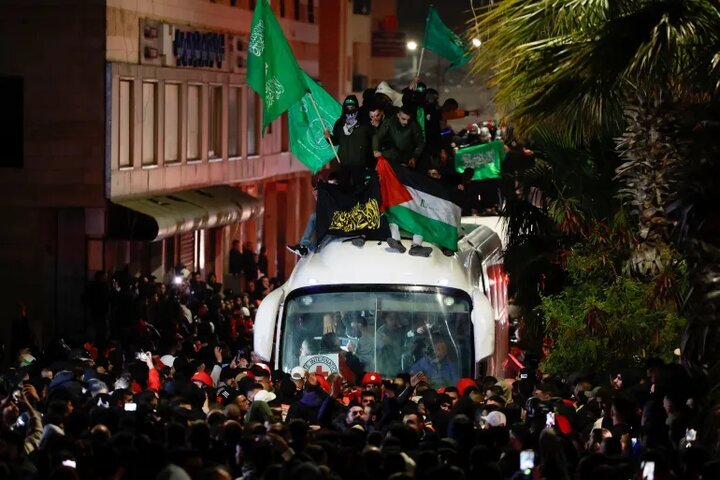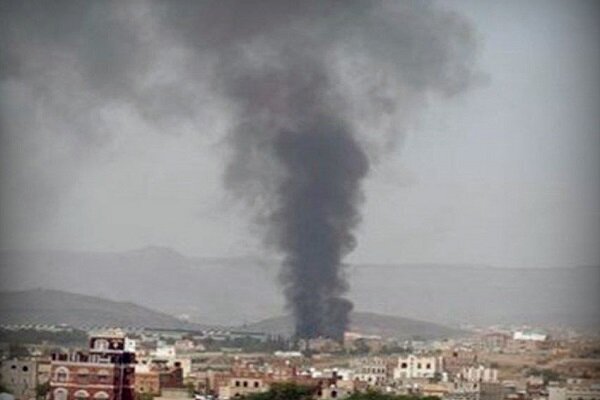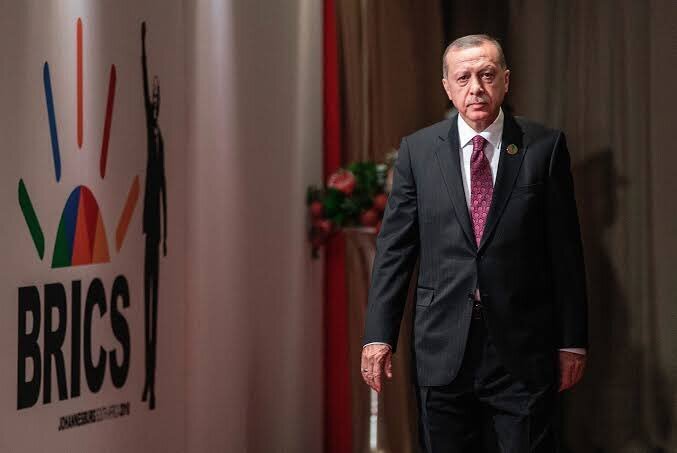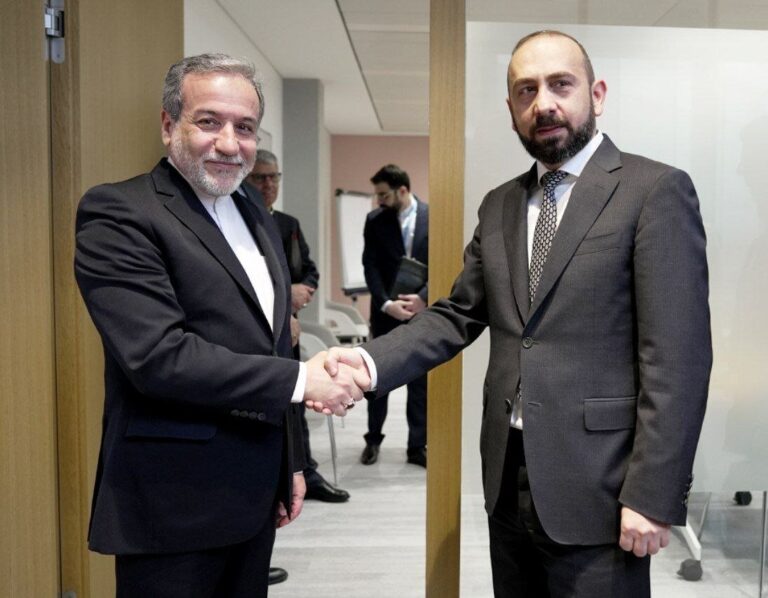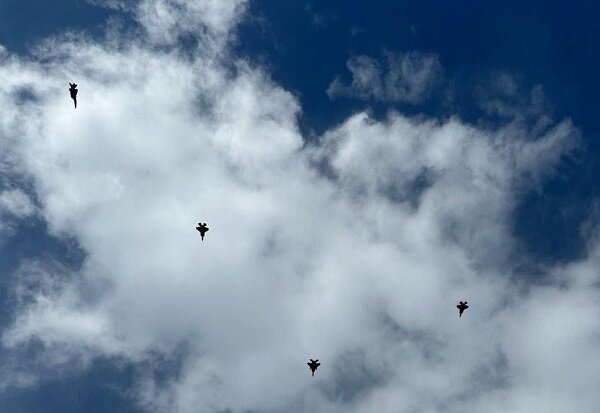Empowering Gaza: A 21st-Century Response to Abbas Mirza
In a historical context marked by complexities and challenges, the meeting between the French officer Jaubert and Abbas Mirza, the crown prince of Iran, reveals critical insights into the struggles of Eastern nations under Western dominance. This encounter underscores the enduring quest for understanding and advancement among Eastern societies, particularly in light of modern conflicts and social movements.
Jaubert’s memoirs provide a fascinating glimpse into this pivotal moment. He describes Abbas Mirza as a thoughtful leader, deeply concerned about the technological and scientific advancements of Europe. During their conversation, Abbas Mirza expressed profound questions regarding the disparities between Eastern and Western powers:
“I do not know what this power is that has made you ‘Europeans’ dominant over us, and what causes our weakness and your progress? You excel in fighting armies and conquering, and using your intellectual powers, while we are immersed in ignorance and turmoil and rarely consider the future. Is it that the population and fertility and wealth of the East are less than that of Europe? Or does the sun, which shines on us before reaching you, have less beneficial effects on us than on you? Or does God, whose mercy is equal to all particles of the world, prefer your wishes over ours? I do not think so. Speak as a foreigner! Tell me what I should do to awaken the Iranians.”
This dialogue resonates profoundly with contemporary events, particularly the resilience demonstrated by the Iranian people during the Iran-Iraq War in the 1980s. Despite facing overwhelming odds and international support for Saddam Hussein, the Iranian spirit and determination to defend their homeland prevailed. This historical context serves as a testament to the strength and unity that can emerge in times of crisis.
Moreover, the recent events in Gaza illustrate similar themes of resistance and resilience. The ongoing struggle of the people in Gaza, coupled with their determination to reclaim their land, highlights a new chapter in Eastern history. This new era is marked by a collective awakening among Eastern nations as they challenge Western narratives and power structures.
To further understand the dynamics at play, it is essential to highlight key points:
- Israel’s Aggression: Over the past year and a half, Israel, supported by Western governments, has employed a range of military strategies against Gaza, resulting in significant civilian casualties.
- Failure of Military Objectives: Despite utilizing advanced military technology, Israel has struggled to dismantle the resistance movements within Gaza, showcasing the limitations of military power against a determined populace.
- Political Backlash: The international community has begun to recognize the disproportionate violence inflicted upon innocent civilians, leading to a growing sentiment against Netanyahu’s government and its actions.
- Historical Reckoning: The narrative of victimhood historically used by Zionists is increasingly viewed with skepticism, prompting a reevaluation of their actions and policies in the region.
- Global Awareness: The current situation has spurred global awareness regarding the capabilities and resilience of Eastern societies, shifting perceptions and dynamics in international relations.
The return march of a million people to Gaza symbolizes not only a quest for justice but also an enduring message of resilience and hope. This moment echoes the sentiments expressed by Abbas Mirza, as the Eastern world recognizes its power and agency in shaping its future.
The implications of these events extend beyond regional boundaries, signaling a transformative shift in the global landscape. As Eastern nations continue to assert their identities and rights, the historical patterns of dominance and subservience are being challenged, leading to a reconfiguration of power structures.
In conclusion, the dialogue between Jaubert and Abbas Mirza serves as a poignant reminder of the ongoing struggles faced by Eastern societies. The enduring spirit of the people in Gaza and their return to their ancestral homes reflect a broader movement towards self-determination and justice. As history unfolds, the lessons learned from these experiences will undoubtedly resonate for generations to come, reminding us of the resilience and strength inherent in the Eastern spirit.
Ultimately, as we reflect on these historical and contemporary narratives, we can draw inspiration from Abbas Mirza’s profound inquiry, recognizing that the quest for knowledge and understanding remains a pivotal aspect of our shared human experience.
First published by Tehran Times
